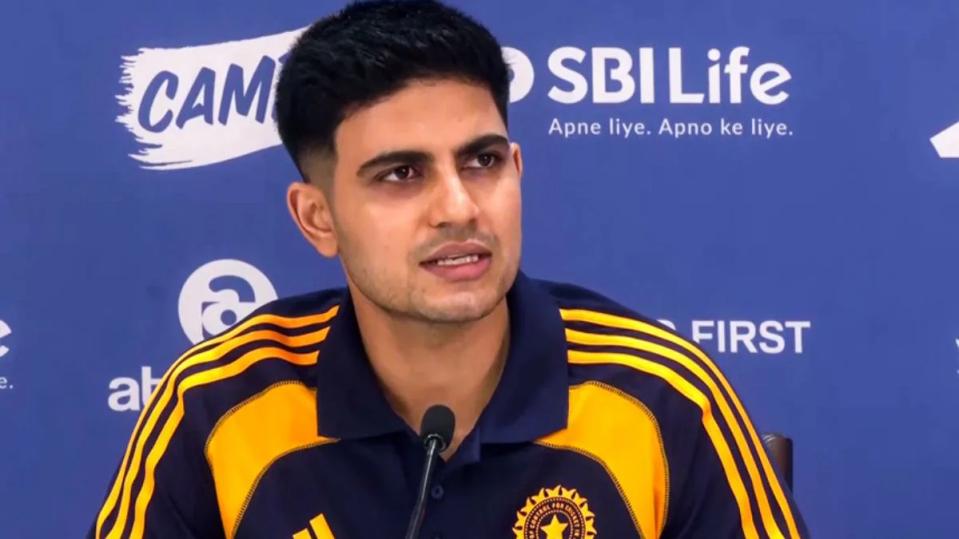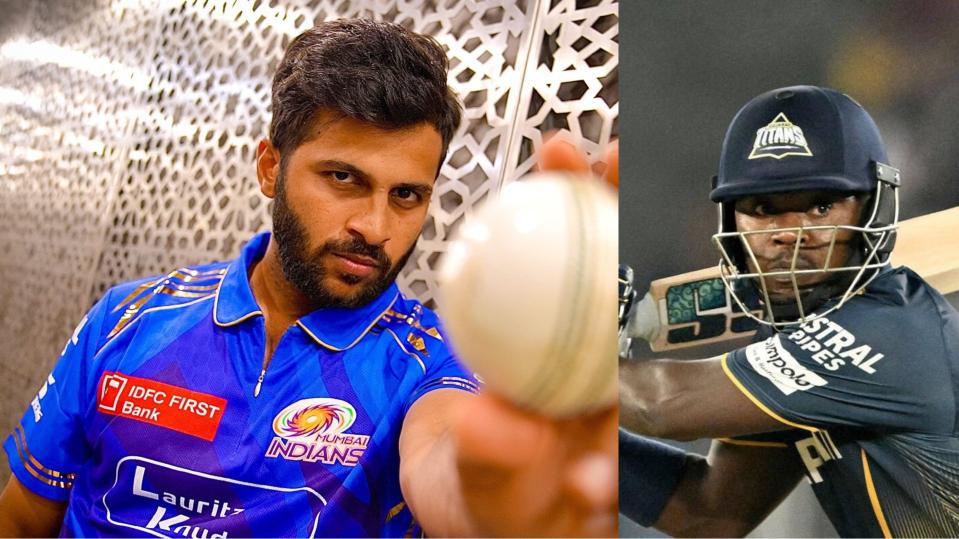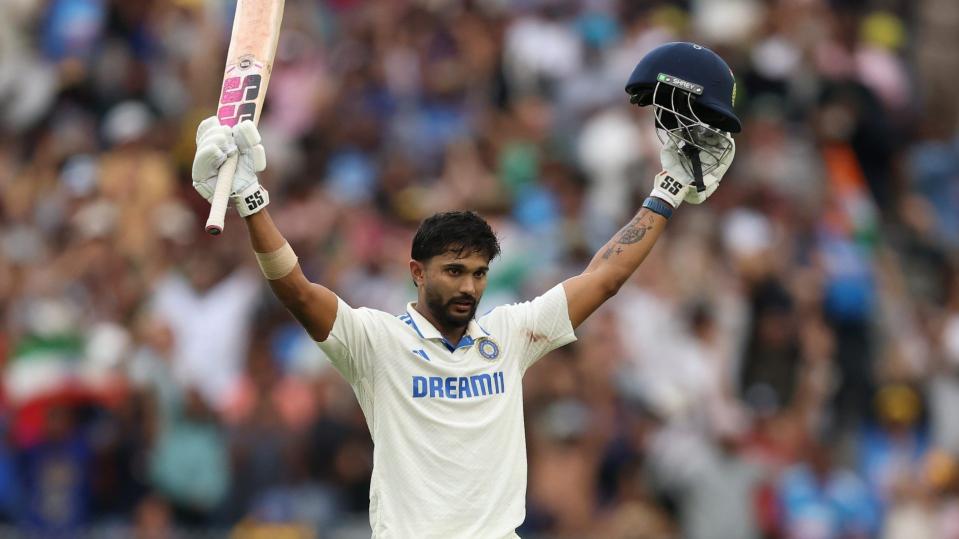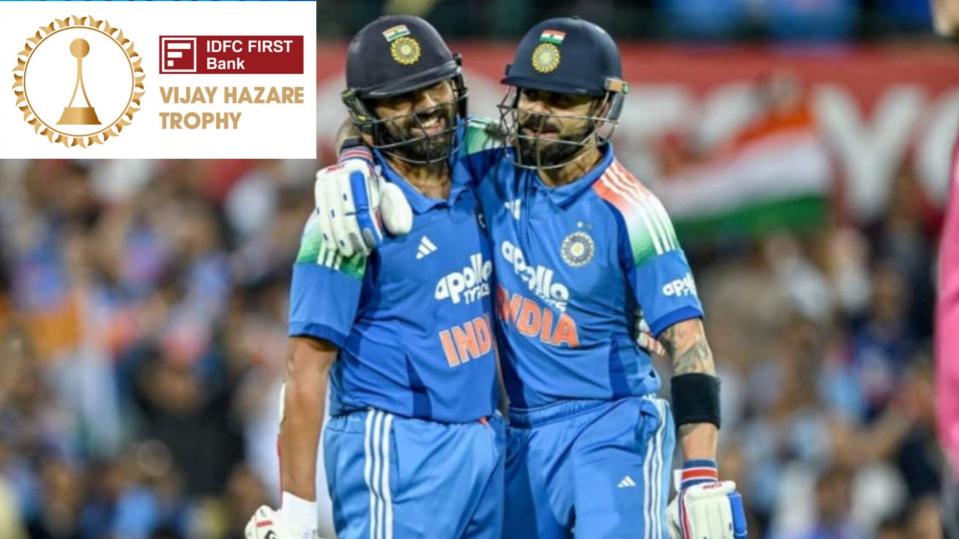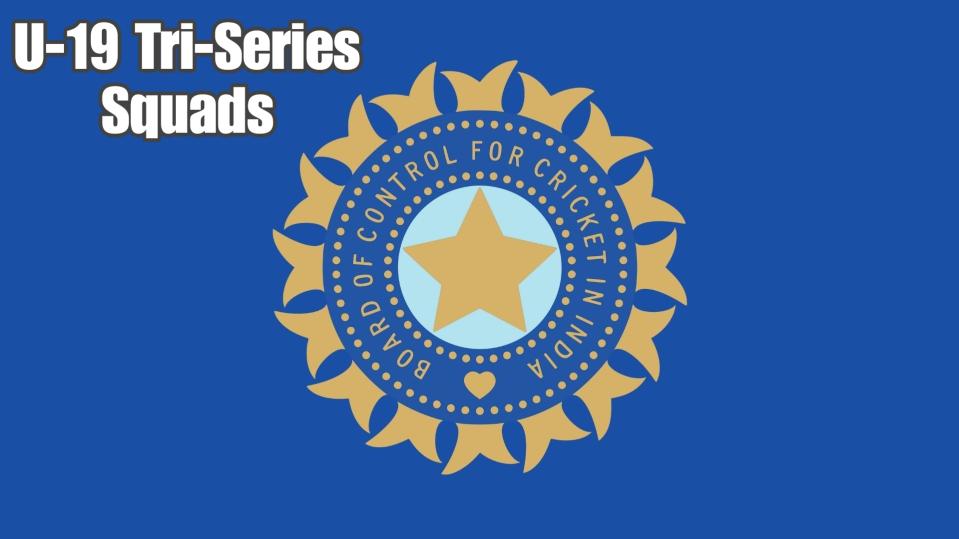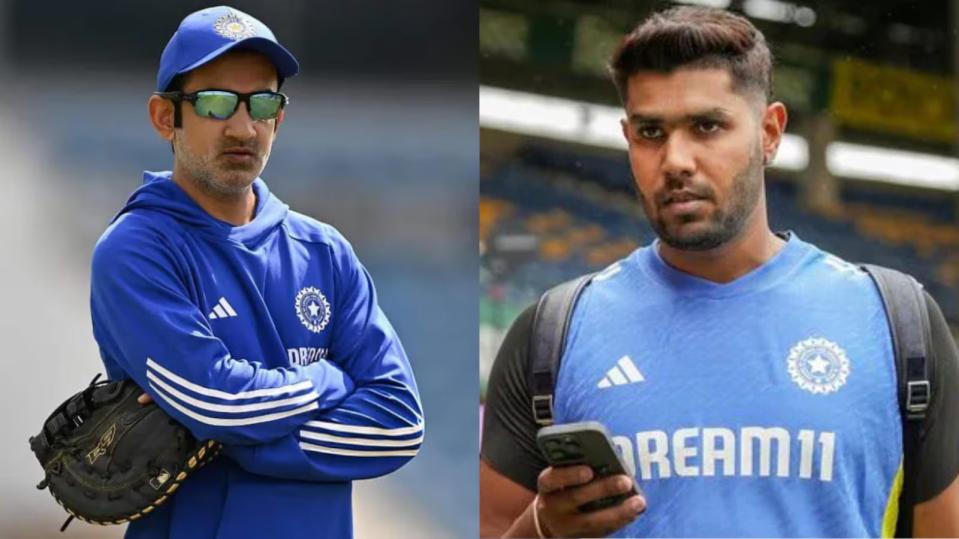Shubman Gill finds himself right in the middle of India’s cricket debate this year as he has featured in 32 matches, which places him ahead of every other Indian player, and his regular involvement has sparked a wider conversation about leadership and direction in the national set-up.
Although India traditionally treats leadership as a single-seat throne, the current arrangement has split responsibilities between formats, with Gill entrusted with Tests and ODIs while Suryakumar Yadav handles T20Is. Yet, many feel this balance might shift again once the 2026 T20 World Cup winds down, since Gill already serves as Suryakumar’s deputy and fits the board’s idea of someone who can lead for a long time.
Even so, Abhinav Mukund stepped forward with a clear statement of caution, noting that Gill might carry the traits of a leader, but should not take control of all three formats. He explained on Doordarshan’s cricket programme that handling everything would place needless strain on a player who has only just stepped into the highest office in Tests.
He said, “I think Shubman has it in him to become an all-format captain, but I do not think India should have an all-format captain anymore. Split captaincy is a smart move. Shubman Gill has been given the responsibility to take on the mantle in Tests, and he will be under big pressure.”
Shubman Gill suffered a neck injury in the Kolkata Test against South Africa
His remarks gained traction after India slipped to defeat in the opening Test against South Africa at home, a result that continued a troubling sequence of recent red-ball setbacks. Gill’s neck issue forced him to leave the field midway through that match and did little to steady the situation, while the rest of the squad struggled to respond when the pressure grew, which added weight to arguments about spreading leadership rather than concentrating it.
After Virat Kohli and Rohit Sharma stepped away from Tests, India moved swiftly to put Gill in charge, and he embraced the responsibility with strong performances in the Anderson–Tendulkar Trophy, a series that ended level but showcased his temperament.
Soon after, the board gave him the ODI job as well, and his influence across formats increased. As expectations rise, the need to protect him from overload appears crucial because his value stretches far beyond the captain’s seat, and India’s future hinges on keeping him fresh enough to shape a long cycle across all formats.
